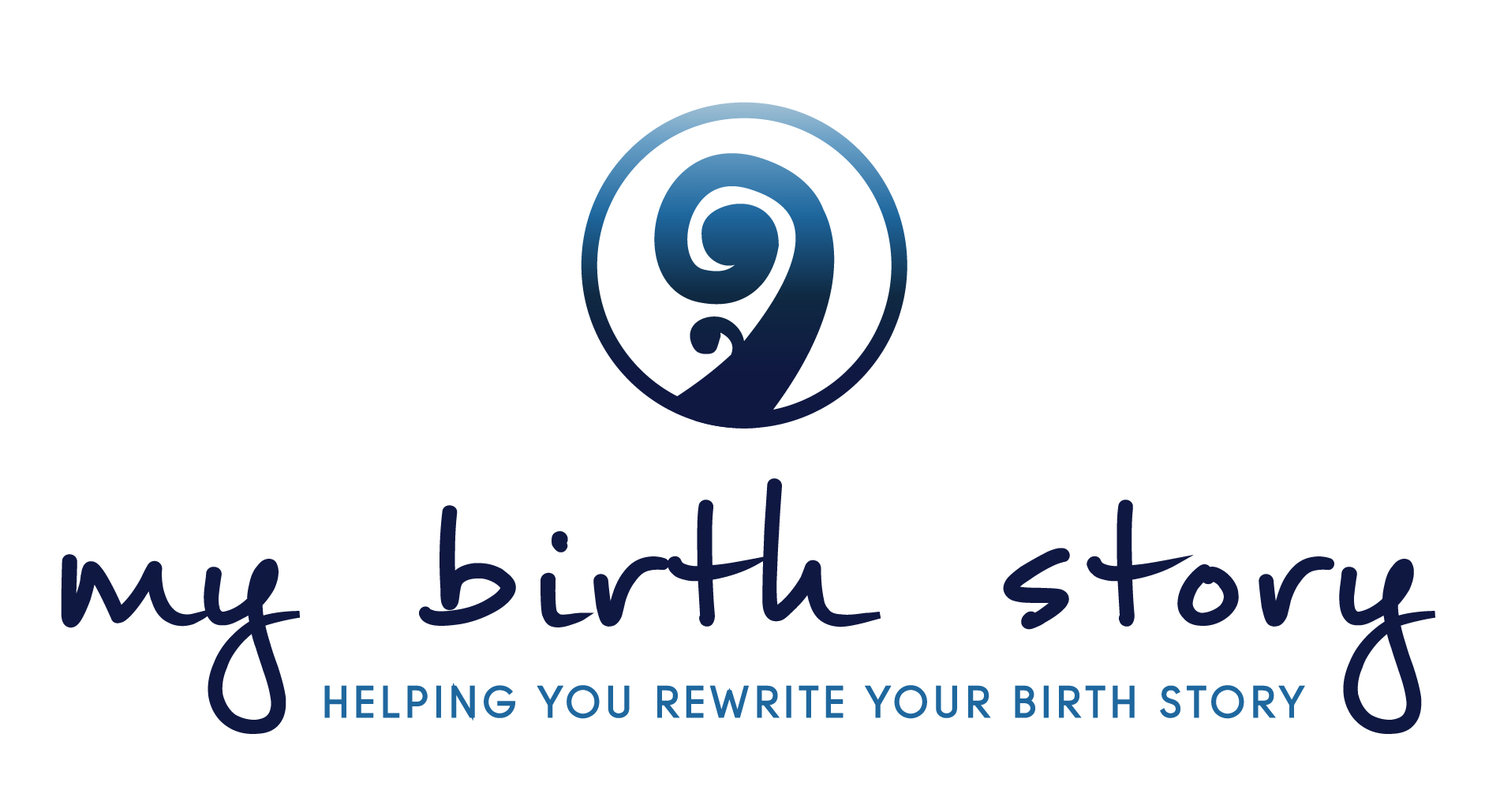Supporting the supporters
Welcome to this page aimed specifically at you - partner, friend, husband, father, mother, whānau.
Whatever your relationship to baby and their Mum, you’re in a unique position.
When a birth doesn’t go to plan, and becomes a negative or traumatic experience, it can be a very tricky time - not only for Mum/birthing parent, but also their supports, and certainly those who may have experienced the birth as well.
Your own experiences matter
If you also experienced the negative or traumatic birth you may too be feeling a myriad of emotions around what happened.
It is important to acknowledge your feelings and know that they are a normal and valid reaction to a highly unusual or traumatic event.
You may be feeling angry, lost, sad, helpless, confused, bullied, let down, guilty, stressed …
What you are feeling is OK and normal.
Give yourself some time and space to think about, or process, what you’ve been through.
You need to look after yourself too, not only because your needs are important, but also because you may be one of Mum, and baby’s, most important supporters – you need to look after yourself so you can be there for them.
Strategies for you
The following are some strategies you might like to try, to help ease any negative feelings you have around the birth experience.
Try those that seem right for where you are at, at present:
Talk with baby’s Mum/birth parent – Whether you are her friend, husband, partner or whānau it can help to acknowledge the experience and share how you’re feeling. Doing this can help her see that you are also feeling challenged by what occurred and this may also help her to feel supported and validated.
Talking the experience over means it’s “out of your head” and you can begin to process what happened and move through any resulting feelings around it.
Talk with a trusted friend or whānau member – A problem shared is a problem halved and speaking with someone who wasn’t at the birth or in your immediate family can be helpful as it “gets it out of your head”.
Your friend or whānau member may also have suggestions about how you can process what you’re feeling and move forward.
Write out the experience – Put pen to paper and write what you experienced. This also “gets it out of your head” and can allow you to revisit it if you find it helpful.
Speak to a trusted health professional – It can help to review the experience with someone who knows the “nuts and bolts” of what happens during birth. Many people find it helpful to gain more detail and understanding about what happened and why. Take any hospital/LMC notes with you as they may be able to walk you through these and give explanation where needed.
Seek further help – Know that there is nothing weak about seeking professional help following a negative or traumatic experience. It takes tremendous courage to ask for help and doing so can make a huge difference in your experience of parenthood, your relationships and day-to-day life.
Head to the External Resources page for more options and information.
How best to support new mums/parents
The best way to support a new Mum/birth parent, whether it’s her first or sixth baby, is to ask them what they need and listen carefully to the answer.
Ask for specific things you can do to help or make suggestions such as those listed below. Oftentimes we don’t know what we need or don’t have the emotional energy to consider it.
Many Mums and parents will just say “I’m fine” or “I don’t know”. If that’s the case, give them a little time and ask again or make a suggestion from those listed below.
Here’s some ways you can support:
Listen and validate what she says – Sometimes the most meaningful thing we can do for someone validate them and their experience.
Saying something like “I hear you’; “it’s really rubbish isn’t it”; “I’m sorry it happened”; “it wasn’t your fault” can be very valuable.
Even if we don’t understand what happened or how the other person is feeling it is hugely supportive to listen carefully to what they are saying and then show that you have heard.
Offer to help – When someone we love is hurting, we often want to fix the situation. However, we can’t always fix it and the next best thing we can do is lend a hand.
Ask the Mum/parent what you can do to help and if they don’t know, do something practical to help which will allow them some time/space to think about ideas.
For example, suggest you’ll mind the baby while they have a long shower or bath and take a moment to think, take baby for a walk so they can process or write her birth story, have a trusted loved one mind the baby so you can both talk about the experience and what it means to you both.
Support while they seeks further help – It can be really daunting to seek help, especially when one is feeling overwhelmed or upset about a situation.
Simply reassuring the Mum/parent that she’s/they’re making the best decision for her/them and her whānau will mean a lot and will likely have Mum/parent feeling validated and supported.
If possible, head to appointments with them, even if they speak to the health professional alone, you could mind baby while they seeks help.
Further resources
There are a lot of further resources that can help support yourself, baby’s Mum/parent and your whānau. Take a look at the External Resources page for suggestions.


